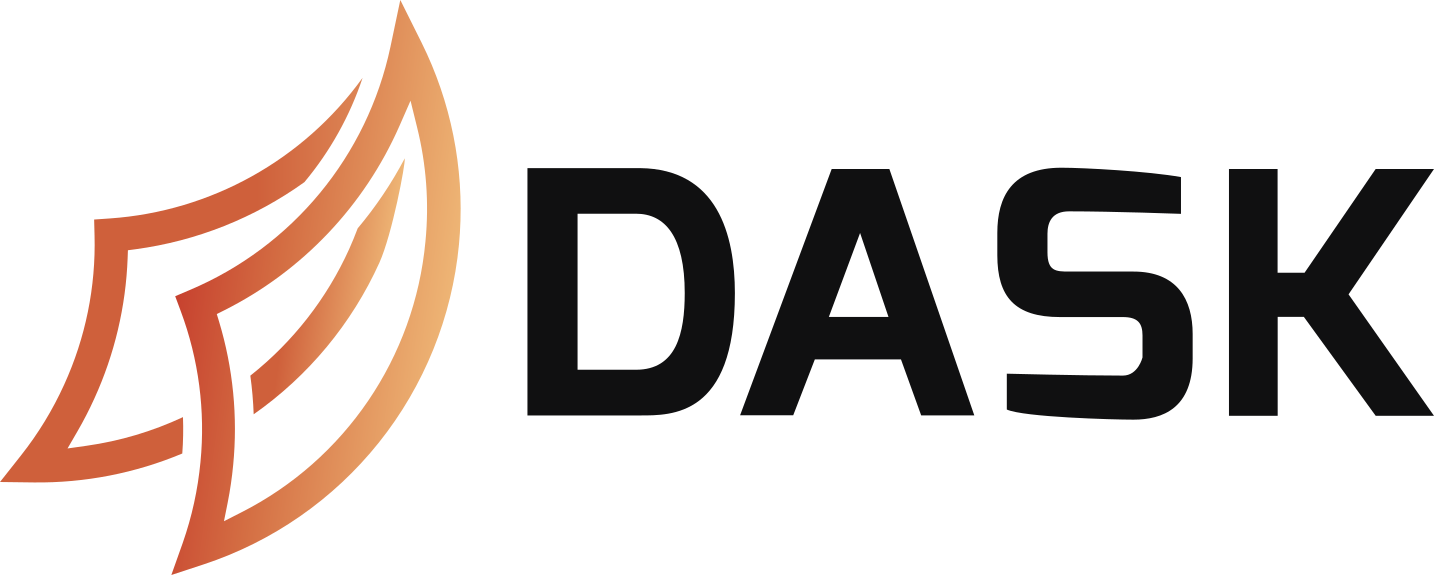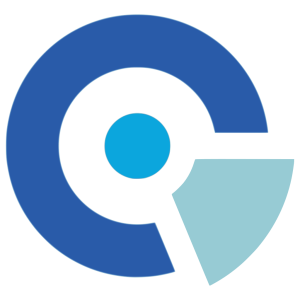
Description: Python is a popular language because it is easy to create programs quickly with simple syntax and a "batteries included" philosophy. However, there are some drawbacks to the language. It is notoriously difficult to parallelize because of a component called the global interpreter lock, and Python programs typically take many times longer to run than compiled languages such as Fortran, C, and C++, making Python less popular for creating performance-critical programs. Dask was developed to address the first problem of parallelism. The second problem of performance can be addressed by either using modules already compiled into fast C/C++ code, such as NumPy, or by converting performance-critical parts into a compiled language such as C/C++ nearly automatically using Cython. Together Cython and Dask can be used to gain greater performance and parallelism of Python programs.
Other than having some prior experience with a programming language, preferably Python, this is a beginner level course. During the course we will program together to build out a script used to demonstrate course concepts. This will take slightly longer than half the time, while hands on exercise will use the remaining time. No Alliance account is required.
Teacher: Chris Geroux (ACENET, Dalhousie University)
Level: Introductory
Format: Lecture + follow along coding + hands on exercises
Certificate: Attendance
Prerequisites: Should have experience programming in at least one language, ideally Python.
